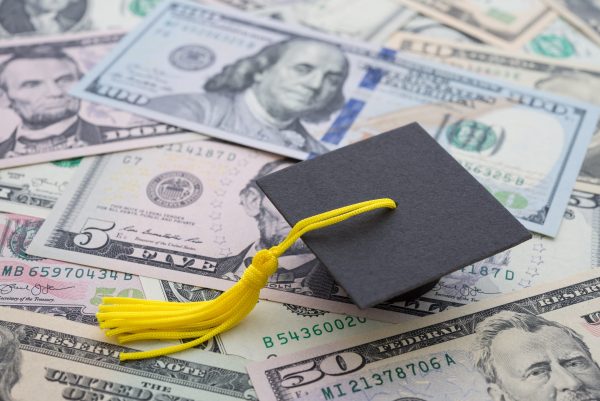When I think about student loans it feels like looking into a fog. The cost of college is hard to ignore and even if my tuition is covered I know graduate school could shift everything. I see classmates juggling part‑time jobs and working summers to contribute. Others rely heavily on loans and worry about how much they will owe after graduation. That uncertainty is real and it made me realize that managing debt is something I cannot ignore.
Planning Ahead
My undergraduate tuition is covered through scholarships and family support. It feels like a privilege and a responsibility. I know that for many friends the full burden of tuition rests on their shoulders. Yet I also understand that pursuing graduate school could become my reality. I feel compelled to plan ahead even though I am still technically in undergrad. It is that awareness that shapes how I approach money now.
I have asked friends how they are handling the costs. One is paying out of pocket for tuition and taking small loans for living expenses. Another stacks summer earnings to minimize debt. Their strategies vary but they all show intent to avoid excessive borrowing. Hearing their planning has made me think that even if I avoid loans now I will still need a plan if I continue in school later.
Understand Debt And Strategize Balance
The first thing I did was try to understand the numbers. I looked at data compiled by TICAS suggesting that student debt can delay major life steps like buying a home, starting a family, or saving for retirement. That made me want to act now. I calculated hypothetical loan amounts for graduate school based on published tuition rates. Seeing the potential debt in black and white was sobering and motivated me to think strategically before borrowing.
I know many financial experts recommend minimizing the amounts you borrow and only taking what you truly need. I plan to avoid borrowing more than necessary by applying for grants, fellowships, or teaching assistant positions. I want to focus on income based repayment if borrowing becomes necessary. That approach feels safer than diving into loans without a backup plan.
At the same time I understand that debt is not inherently bad. It can finance education and future earnings. That is why I aim to balance saving and borrowing. I contribute small amounts monthly into a savings account now. It may feel insignificant, but having any cushion could help me pay off loans faster after graduation or cover unexpected expenses during school.
Doing the Math: Understanding the Numbers And Getting Advice
I also want to learn how repayment works before I sign any loan documents. My strategy includes reviewing possible interest rates, repayment timelines, and the difference between federal and private loans. I have read that federal loans often offer deferment options, income driven plans, and loan forgiveness programs. Those features may give more flexibility if life circumstances change.
Talking with upperclassmen and students in graduate school has been helpful. Some of them used federal loans and kept borrowing low, graduating with manageable debt and choosing income based repayment plans. Others refinanced for lower interest after graduation. Listening to their stories highlighted that planning ahead and staying informed matters more than simply avoiding borrowing altogether.
I also try to factor my own career plans into my thinking. I ask myself how much I might earn in my field and weigh that against expected loan payments. If the projected monthly payments feel overwhelming on a future budget then I know I need to borrow less or seek alternative funding. That alignment between debt and expected income helps me keep borrowing realistic.
I make financial decisions community driven. I compare notes with friends and discuss budgeting strategies. I use budgeting apps to track my spending and estimate monthly costs. That habit helps me see how a loan payment might fit into my future budget. It also makes the idea of repayment feel more concrete and less abstract.
I understand that after graduation student loans may lose their deferral status and repayment will affect my credit history and debt to income ratio. That changes how lenders or employers might view me. Knowing this gives me more respect for each dollar I borrow now.
Prepared, Not Panicked
When I think about debt I also think about personal resilience. I want to build habits now that give me flexibility later. That includes staying informed, planning repayment in advance, and keeping options open. I do not expect to have every detail figured out now. I do not need the perfect plan. What matters is forging a path that keeps me prepared without panic.
Realizing that debt feels heavy but that it does not have to define my financial future gives me peace. It is a tool and a responsibility. Using it with intention makes it less daunting. Even if I need loans for graduate school one day I want to walk across that stage with a repayment plan in hand and confidence in how I will handle it.
Sources And Helpful Resources
The Top 10 Student Loan Tips for Recent Graduates
Investopedia Student Loan Information




Post Comment